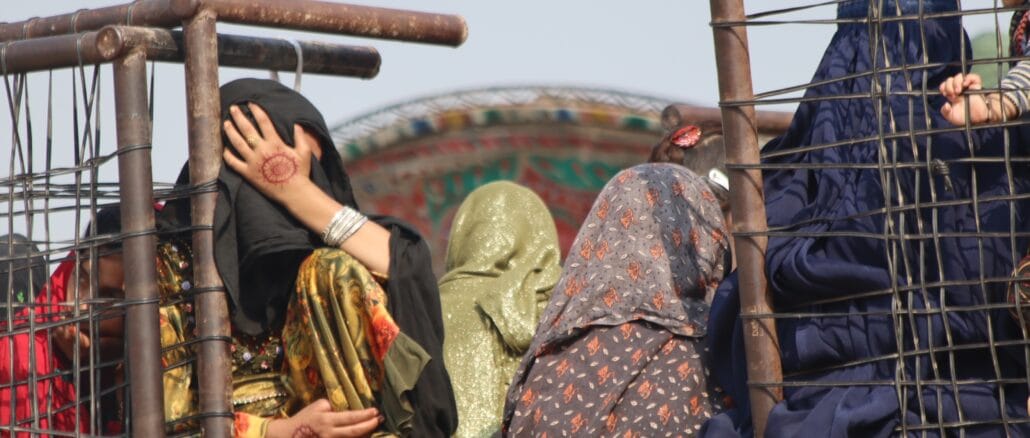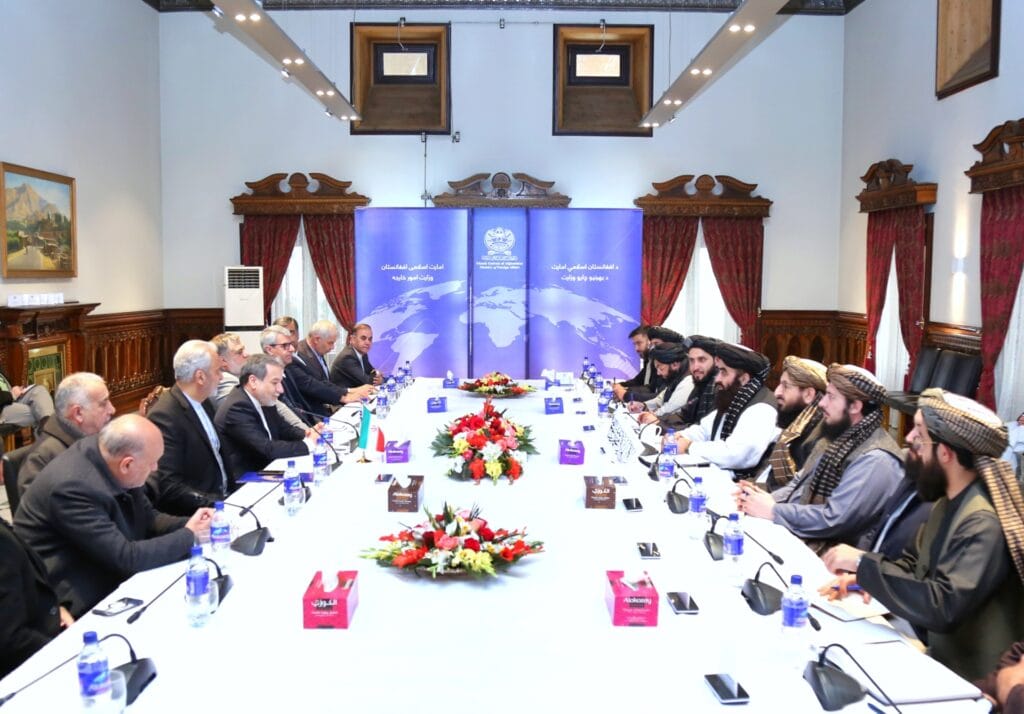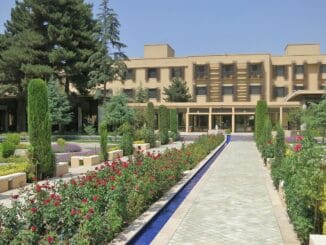
Afghan refugees in Pakistan and Iran are facing increasing pressure as authorities in both countries intensify deportation efforts, raising concerns among humanitarian organizations and rights advocates.
Deportation Measures in Pakistan
The United Nations High Commissioner for Refugees (UNHCR) and the International Organization for Migration (IOM) have expressed concern over Pakistan’s decision to expel thousands of Afghan refugees, including those awaiting resettlement in third countries such as the United States. Many of these individuals remain in limbo, with their asylum applications still in process.
According to the Associated Press, thousands of Afghan refugees in Pakistan have been anticipating U.S. immigration visas. However, recent policy changes, including a temporary halt on admissions announced during the Trump administration, have left many stranded. The situation has been exacerbated by an increase in arrests of Afghan nationals in Islamabad and Rawalpindi since January 1, 2025, including those possessing valid residence documents.
Pakistani authorities have been implementing a phased deportation plan. The first phase targeted Afghan refugees holding Afghanistan Citizen Cards (ACC), while the second phase was set to include holders of Proof of Registration (POR) cards. Although the government had previously stated that POR cardholders could remain in the country until June 2025, recent developments suggest a shift in policy. The Pakistani government has not made a formal public announcement regarding these deportations, and reports indicate that authorities have been instructed to carry out the plan without widespread disclosure.
Local Afghan communities in Pakistan have voiced their distress. Many have lived in the country for decades and now face forced displacement with little time to settle their affairs. “After spending more than 40 years here, it is extremely difficult to leave everything behind in just a few months,” said an Afghan refugee identified as Musa Kaleem, a civil society activist in Islamabad. Business owners and families with deep ties to the country have called for an extension to allow them to organize their affairs before being sent back to Afghanistan.
UNHCR and IOM have warned that certain groups of Afghan refugees could face significant risks if returned to Afghanistan, including ethnic and religious minorities, women and girls, journalists, human rights activists, and artists. While acknowledging Pakistan’s security concerns, the organizations have urged authorities to approach the situation with humanitarian considerations in mind.
Pakistan Urges Western Nations to Resettle Afghan Refugees by March Deadline
Pakistan Orders Afghan Refugees to Leave; UN Expresses Concern
Deportation Measures in Iran
Meanwhile, in Iran, authorities have also ramped up efforts to expel undocumented Afghan migrants. The governor of Tehran, Mohammad Sadegh Motamedian, announced that since the beginning of the year, 100,000 undocumented foreign nationals have been arrested and deported, while another 200,000 have left voluntarily. Iranian officials frequently use the term “undocumented foreigners” to refer to Afghan migrants residing in the country.
Iran has also taken punitive measures against businesses and individuals employing undocumented migrants. Authorities have shut down 300 commercial establishments, including hotels and workshops, in an effort to deter Afghan workers from staying in the country without proper documentation.
Many Afghan families in Iran have reported cases of forced deportation. Hafizullah, an Afghan laborer in Tehran, stated that his cousin, who was working in construction, was arrested by police while taking a sick relative to a doctor. “They took him away and deported him without any warning. Now his phone is off, and we don’t know where he is,” he said.
Iranian officials have claimed that more than 1.1 million Afghan migrants have left the country since the beginning of the Persian calendar year, with at least 2 million still residing without legal documentation. These deportations come amid worsening economic conditions in Afghanistan, where returning refugees face limited employment opportunities and a fragile humanitarian situation.

Regional and Humanitarian Implications
Both Pakistan and Iran have been host to millions of Afghan refugees for decades, with waves of displacement occurring due to successive conflicts and instability in Afghanistan. However, as both governments face economic challenges and rising security concerns, the tolerance for long-term Afghan refugee presence appears to be waning.
Humanitarian organizations have urged both governments to coordinate with international agencies to ensure that deportations are conducted with due process and that vulnerable individuals are provided with appropriate protection mechanisms. Meanwhile, efforts are reportedly underway to expedite the resettlement of Afghan refugees to third countries as diplomatic negotiations continue.
Conclusion
As the situation unfolds, Afghan refugees remain uncertain about their future, facing the challenge of rebuilding their lives amid forced returns and diminishing options for legal resettlement.






Be the first to comment